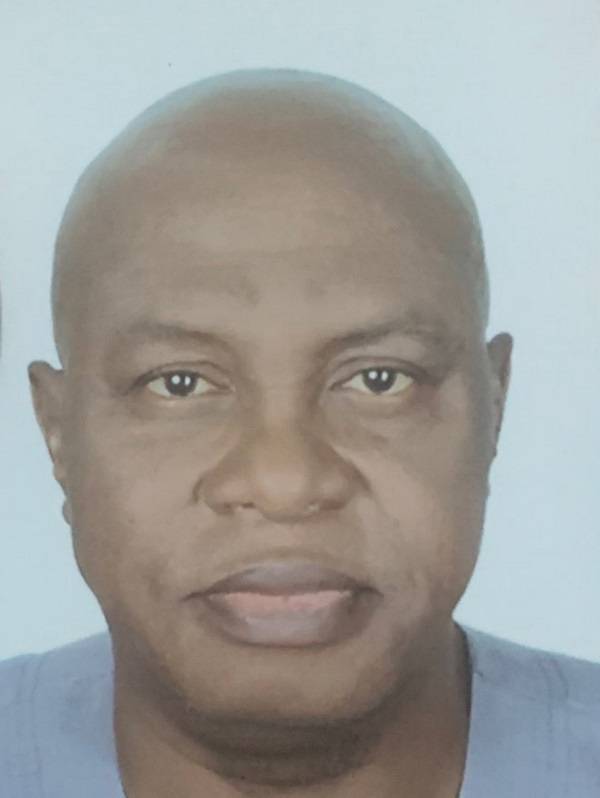
After over five years of disputes over the debts owed by deposit money banks (DMBs) for unstructured supplementary service data (USSD) platforms, a resolution appears imminent.
USSD is the platform that allows bank customers to transfer money digitally on their phones without requiring internet access. It is an SMS-based mobile banking service where a USSD shortcode enables transactions such as transfers, bill payments, and airtime purchases. This service is particularly valuable for users without smartphones or internet connections.
However, there has been a 150.18 per cent decline in USSD usage for financial transactions, with users increasingly adopting internet banking. According to the Central Bank of Nigeria (CBN), the total value of USSD transactions dropped to ₦2.19 trillion between January and June 2024, a 54.75 per cent decline from ₦4.84 trillion during the same period in 2023. Transaction volumes also plummeted to 252.06 million from 630.6 million, reflecting the shift.
In 2021, as Nigeria celebrated 20 years of GSM services, the then group managing director of Zenith Bank, Ebenezer Onyeagwu, remarked, “The introduction of USSD changed everything. Without telecoms infrastructure, there is no USSD code.” Yet, this sentiment is not universally shared. Segun Agbaje, CEO of GTCO, stated, “If you want to charge ₦20 for the service, go ahead. But collect it yourself. Don’t come to us.”
According to industry sources, the non-payment of this debt—pegged by telcos at ₦250 billion—has slowed investments in USSD infrastructure. A joint memo from the CBN and the Nigerian Communications Commission (NCC) on December 20, 2024, outlines measures to resolve the impasse and enforce payment timelines.
While banks own customer accounts, mobile network operators (MNOs) own the networks that facilitate USSD transactions. Disagreements over payment terms have strained the relationship between the banking and telecommunications sectors, prompting multiple interventions by the CBN and NCC. Despite these efforts, the conflict persisted until the December 20 circular, co-signed by the acting director of the banking Payments System Department at CBN, Oladimeji Yisa Taiwo and the head of legal and regulatory services at NCC, Chizua Whyte.
The circular stated:
“The Central Bank of Nigeria (CBN) and the Nigerian Communications Commission (NCC) are deeply concerned that the protracted dispute between deposit money banks (DMBs) and mobile network operators (MNOs) over the usage of the USSD platform for banking services remains unresolved despite best efforts.”
The circular outlined several resolutions:
1. Settlement of Pre-API Debts:
– Sixty percent (60 per cent) of all pre-API invoices must be paid as full and final settlement by January 2, 2025. Payment plans may be lump sums or equal monthly installments, to be completed by July 2, 2025.
2. Post-API Debts:
– DMBs must pay 85 per cent of outstanding invoices issued after the February 2022 implementation of APIs by December 31, 2024. Future invoices must be settled within one month of issuance.
3. Transition to End-User Billing (EUB):
– The NCC will initiate processes to revert to EUB for MNOs and DMBs fully compliant with the directives.
4. Interim Measures:
– Pending the transition to EUB, MNOs will adopt a “10-seconds rule” for billing, where sessions under 10 seconds are non-billable.
5. Discontinuation of Legal Disputes:
– Both parties must withdraw any ongoing litigation related to the matter.
Non-compliance will attract sanctions under the respective regulatory powers of the CBN and NCC.
Chairman of the Association of Licensed Telecommunications Operators of Nigeria (ALTON),Gbenga Adebayo confirmed that the USSD debt dispute dates back to 2019. He highlighted that disagreements arose over who should bear the costs of USSD services for financial transactions.
“In October 2019, banks proposed that telcos adopt end-user billing, but telcos opposed this, citing potential double billing and regulatory constraints. By August 2020, USSD debts owed to telcos had grown to ₦17 billion and have since ballooned to ₦250 billion by December 2024.”
On December 27, 2024, the NCC approved the disconnection of Exchange Telecommunications Ltd. from MTN Nigeria’s network over unpaid interconnect charges. According to a public notice signed by the NCC’s director of public affairs,Reuben Muoka the disconnection aligns with Section 100 of the Nigerian Communications Act, 2003, and the 2012 Guidelines on Procedure for Granting Approval to Disconnect Telecommunications Operators.
The notice stated: “At the expiration of five days from the date of this notice, MTN will discontinue passing voice and data traffic through Exchange Telecommunications and will utilise alternative channels for interconnecting with other network service providers.”
The joint efforts of the CBN and NCC mark a decisive step towards resolving the prolonged USSD debt dispute. If successfully implemented, these measures could restore confidence and drive investments in Nigeria’s telecommunications and banking sectors.

